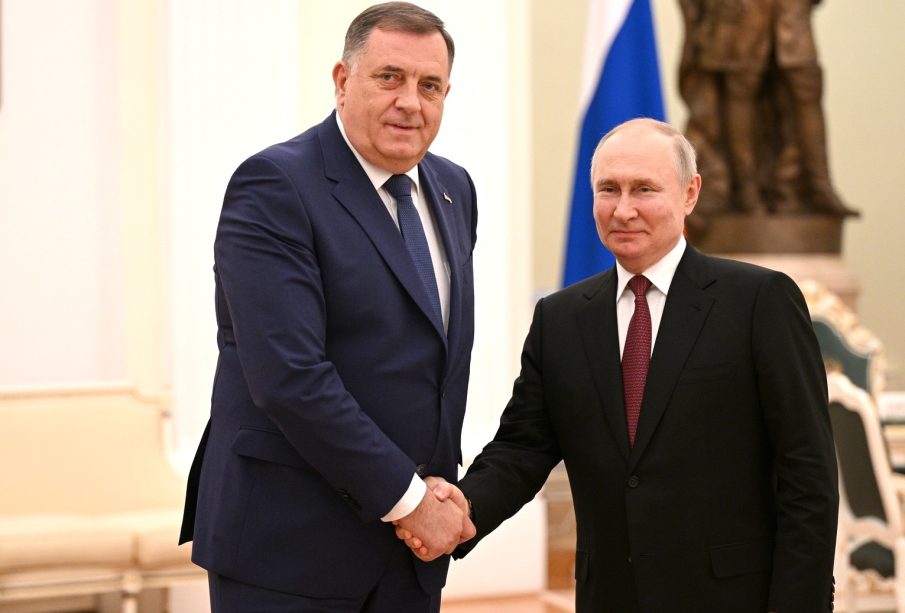Understanding the Current Landscape of Vladimir Putin’s Leadership

Introduction
The leadership of Vladimir Putin has long been a focal point of global politics, drawing scrutiny and debate regarding his domestic and international policies. As President of Russia, Putin’s actions not only impact the nation but also reverberate through international relations, particularly in light of recent geopolitical events and tensions. Understanding the significance of his leadership is crucial for comprehending the current state of world affairs.
Recent Developments
As of October 2023, Putin’s regime is facing various challenges, both domestically and internationally. Following Russia’s ongoing military actions in Ukraine, concerns regarding sovereignty, territory and international law have surged. Observers have noted an increase in military preparedness measures taken by NATO countries, leading to heightened tensions in Eastern Europe.
Moreover, Putin’s internal policies have come under scrutiny, particularly regarding human rights and media freedom. The Russian government continues to suppress dissent, limiting freedom of expression, which has been condemned by various human rights organisations worldwide. The impact of these policies on civil society can be seen in the increasing number of political activists and journalists facing harassment or imprisonment.
In recent months, there have been significant developments affecting Putin’s international relationships. Russia’s alliance with China has been strengthened against the backdrop of Western sanctions and criticism. This partnership signals a shift in global power dynamics, potentially eroding Western influence. Additionally, Putin has managed to maintain ties with several countries in the Middle East, further complicating the geopolitical landscape.
Conclusion
Vladimir Putin’s leadership continues to shape not only Russian policy but also international relations. The increasing tension in Ukraine, coupled with Russia’s strengthening alliances, illustrates a critical phase in global diplomacy. As political analysts forecast the potential ramifications of these developments, it becomes clear that understanding Putin’s strategies is vital for anticipating future trends in both Russian and international politics.
In summary, as Putin navigates through challenges both at home and abroad, his leadership will remain a significant factor in shaping the world’s political landscape. Observers will keenly monitor the developments that arise in the coming months as new strategies and policies unfold.









